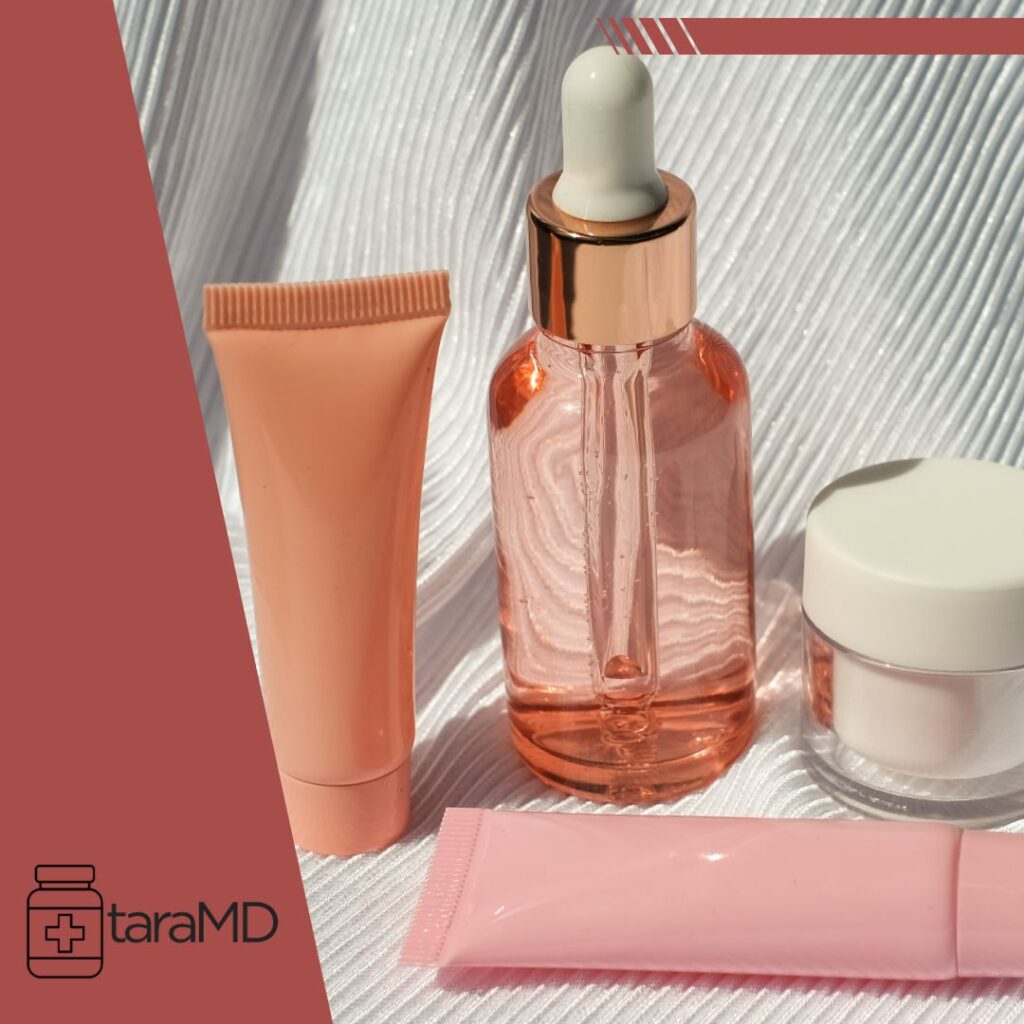In a world flooded with skincare products, each promising radiant, youthful, or flawless skin, it’s easy to get overwhelmed by the choices available. But what truly makes a skincare product effective? Is it the high-end ingredients, the marketing claims, or the scientific backing? Understanding the science behind skincare is key to choosing products that work and providing your skin with the care it deserves. In this article, we’ll dive into the science behind skincare and explore what makes certain products stand out.
1. The Role of Active Ingredients
At the heart of any effective skincare product are its active ingredients—the substances responsible for providing benefits to the skin. These ingredients can target specific skin concerns, from acne and hyperpigmentation to fine lines and dryness.
- Exfoliants: Exfoliants like salicylic acid and glycolic acid are effective because they break down the bonds between dead skin cells, allowing for better skin renewal. Salicylic acid, a beta-hydroxy acid (BHA), is oil-soluble, making it particularly effective for acne-prone skin, as it can penetrate clogged pores and clear out impurities. Glycolic acid, an alpha-hydroxy acid (AHA), is water-soluble and ideal for promoting smoother skin and improving skin texture.
- Moisturizers: The science of hydration is based on humectants and occlusives. Hyaluronic acid is a powerful humectant that draws moisture into the skin, while ingredients like ceramides and petrolatum act as occlusives, locking that moisture in. Together, they help the skin retain its hydration and prevent water loss.
- Antioxidants: Ingredients like vitamin C, vitamin E, and green tea extract are antioxidants, which help protect the skin from oxidative stress caused by free radicals. Free radicals can damage skin cells, leading to premature aging, fine lines, and wrinkles. Antioxidants neutralize these free radicals, promoting healthier, younger-looking skin.
2. Understanding the Skin’s Barrier Function
A critical factor in skincare effectiveness is how a product interacts with the skin’s natural barrier. The skin’s barrier is the outermost layer, known as the stratum corneum, which serves as a protective shield against environmental damage, moisture loss, and harmful microorganisms.
Effective skincare products support and reinforce this barrier, ensuring it remains intact and functional. For example, products containing niacinamide (vitamin B3) help improve the skin’s barrier function, while squalane and ceramides support moisture retention and protect against external irritants. If the skin barrier is damaged, it can lead to dryness, irritation, or increased sensitivity.
3. pH Balance and Skin Sensitivity
The pH level of skincare products plays a significant role in how well they interact with the skin. The skin’s natural pH is slightly acidic, around 4.5 to 5.5, which helps to maintain its protective barrier and prevent the overgrowth of harmful bacteria. Using products that are too acidic or too alkaline can disrupt this balance, leading to irritation, dryness, or breakouts.
Effective skincare products are formulated to work with the skin’s natural pH. For example, many cleansers are designed to be mildly acidic to cleanse without stripping the skin. Toners with ingredients like witch hazel or rose water help maintain the pH balance while refreshing and soothing the skin.
4. Absorption and Delivery Systems
For a skincare product to be effective, the active ingredients must be able to penetrate the skin and reach the deeper layers where they can exert their effects. This is where delivery systems come into play. Many modern skincare products use advanced technologies like liposomes and microspheres, which encase active ingredients in tiny, easily absorbed particles. This enhances the product’s ability to deliver ingredients directly to the skin cells for maximum benefit.
For example, retinoids (vitamin A derivatives) are most effective when absorbed deeply into the skin. Using products with enhanced delivery systems can help boost the efficacy of retinoid-based treatments for issues like acne, hyperpigmentation, and fine lines.
5. Personalization and Tailored Solutions
One of the emerging trends in skincare is personalized products that are formulated based on your skin type, genetics, and specific concerns. Advances in skin microbiome science and genetic testing have made it possible to create skincare regimens that are tailored specifically to your skin’s unique needs.
For example, genetic testing can provide insight into how your skin responds to sun exposure, pollution, or certain ingredients. This data allows skincare brands to create personalized products that optimize your skin’s health and target issues like premature aging, acne, or pigmentation more effectively.
The Science of Skincare is Key to Effective Results
Skincare products work best when they are backed by science. Understanding how active ingredients, skin barrier function, pH balance, and advanced delivery systems all play a role can help you make informed choices and select the products that truly work for your skin. The key is not to rely on trends or marketing claims, but to choose products that are scientifically formulated to address your unique skincare needs.
As the skincare industry continues to evolve, staying informed about the latest scientific advancements will help you achieve healthier, more radiant skin. Consider consulting with a dermatologist to understand your skin’s needs and ensure that your skincare products are both effective and safe. The right science-backed skincare routine can lead to lasting improvements and healthier, more vibrant skin.
Read more:

